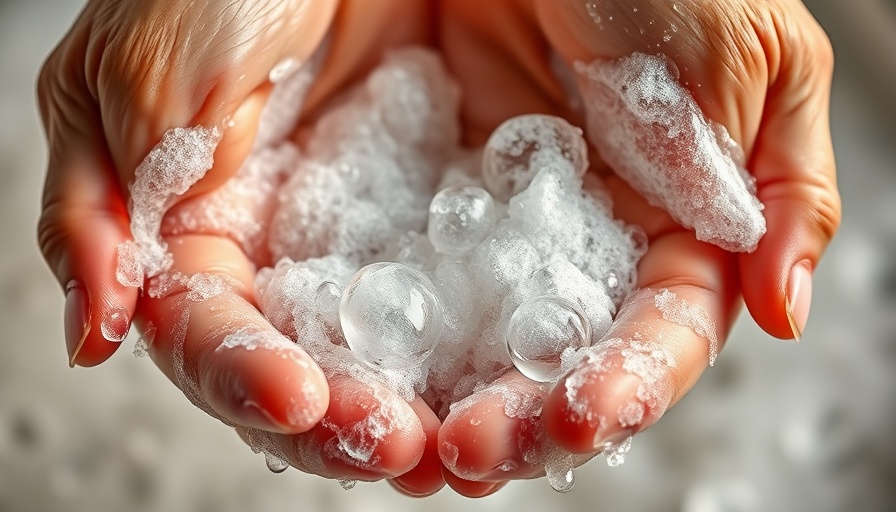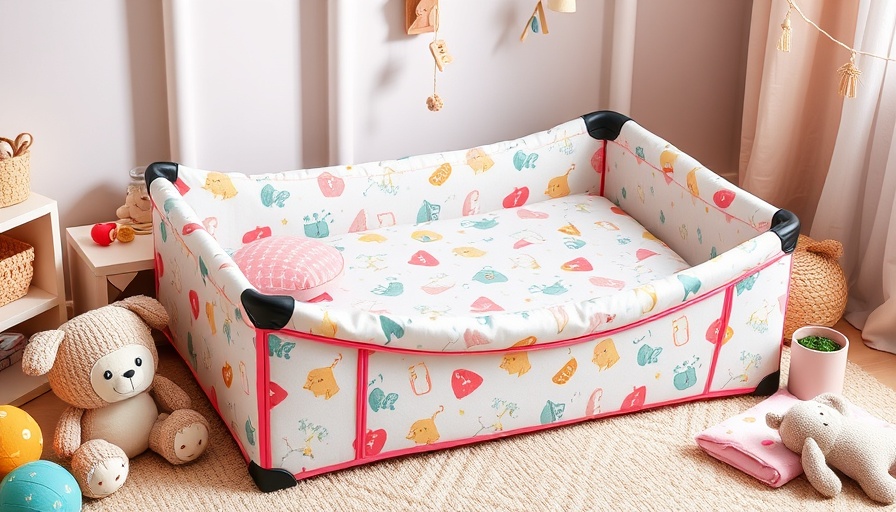
Understanding the Hygiene Hypothesis: A Balanced Approach to Health
The hygiene hypothesis suggests that the extensive measures we take to maintain cleanliness—while well-intentioned—could be impairing our immune systems. In today’s world, parents often find themselves in a debate over sanitization and exposure to microbes as they strive to protect their children from illness. According to experts, the real enemy may not be dirt, but the overemphasis on cleanliness that could hinder our immune systems from developing resilience against infections.
Awareness is mounting around the issue, especially considering the rise in antibiotic misuse, which jumped more than 16 percent recently. The World Health Organization has flagged this as a global public health concern. As children are often given antibiotics for various infections, they may miss out on the necessary microbial exposure that can aid in building their immune defenses.
Why Exposure Matters for Immune Development
Exposure to germs plays a crucial role in training our immune systems to differentiate between harmful pathogens and benign microbes. Kiara DeWitt, a registered nurse, eloquently states, “Look, dirt is not the enemy.” In fact, the lack of exposure to household germs and outdoor dirt may lead to a less effective immune system. Children who grow up in overly sanitized environments may be more prone to allergies, asthma, and other immune-related conditions.
The Impact of a Sanitized Society
Our cultures’ tendencies towards sanitization peaked during the COVID-19 pandemic—with disinfectant usage skyrocketing. While thorough hand washing is essential, are we trading genuine immunity for a false sense of security? This widespread sanitization has raised concerns not just about psychological well-being, but also physical health. DeWitt emphasizes the need for a balanced approach: “We need to find the middle ground where we feel safe, yet enable our bodies to learn.”
Winter's Influence: The Myth of Cold Weather Sickness
Parents often worry that cold weather is a direct cause of illness in children. However, research suggests that while cold temperatures do not directly lead to sickness, they can weaken our natural defenses. The cold can dry out nasal tissues, making them less effective at blocking viruses. Moreover, cold weather often pushes families indoors, creating close quarters that can facilitate the spread of illness.
Strategies for a Holistic Approach to Health
Maintaining good health goes beyond sanitization—integrating holistic practices can have profound benefits. Utilizing natural remedies such as homeopathy can help provide relief for common illnesses while minimizing reliance on antibiotics. Practices such as mindfulness, cognitive behavioral therapy, and outdoor recreation can contribute positively to mental and emotional well-being, offering a well-rounded approach to health.
Encouraging Healthy Lifestyle Choices
As parents, it’s crucial to advocate for healthy lifestyle choices while understanding the significance of balance. Support for your children’s physical fitness can include regular exercise, nutritious meal planning, and mindfulness practices like yoga or meditation. These habits can reinforce robust immune systems and promote both physical and mental health.
Looking Ahead: Preparing for Future Health Challenges
It’s essential for parents to equip their children with grounding skills and knowledge about health. Encouraging physical activity and a balanced diet can serve as protective factors against both mental and physical health challenges. Remember, fostering a strong immune system is about engaging with the environment, sensibly managing exposure, and nurturing your child's holistic health practices.
Conclusion: Navigating the Path to Wellness
The journey to maintaining our health in a germ-conscious world involves drastic changes in how we perceive cleanliness. A balanced approach that embraces healthy exposures while also honoring necessary hygiene will yield the best outcomes for our families. As you navigate your parenting journey, remember to find equilibrium and encourage outdoor exploration, mindful living, and healthy eating habits to cultivate resilient, healthy children.
 Add Row
Add Row  Add
Add 




Write A Comment